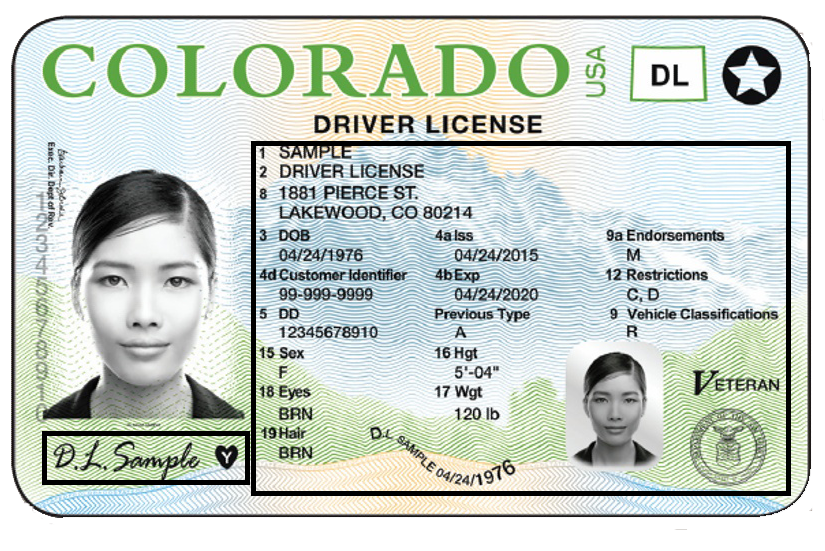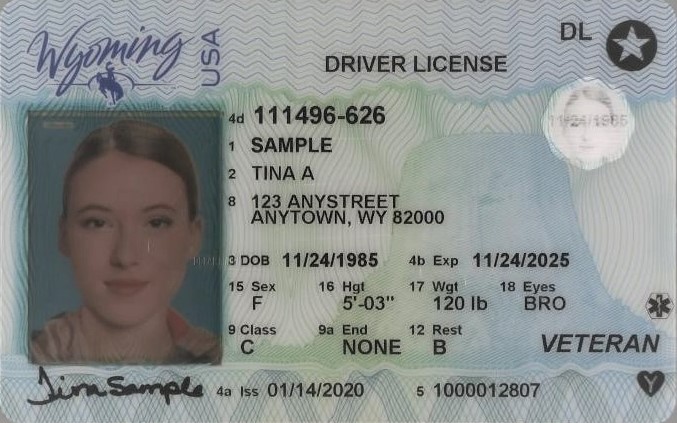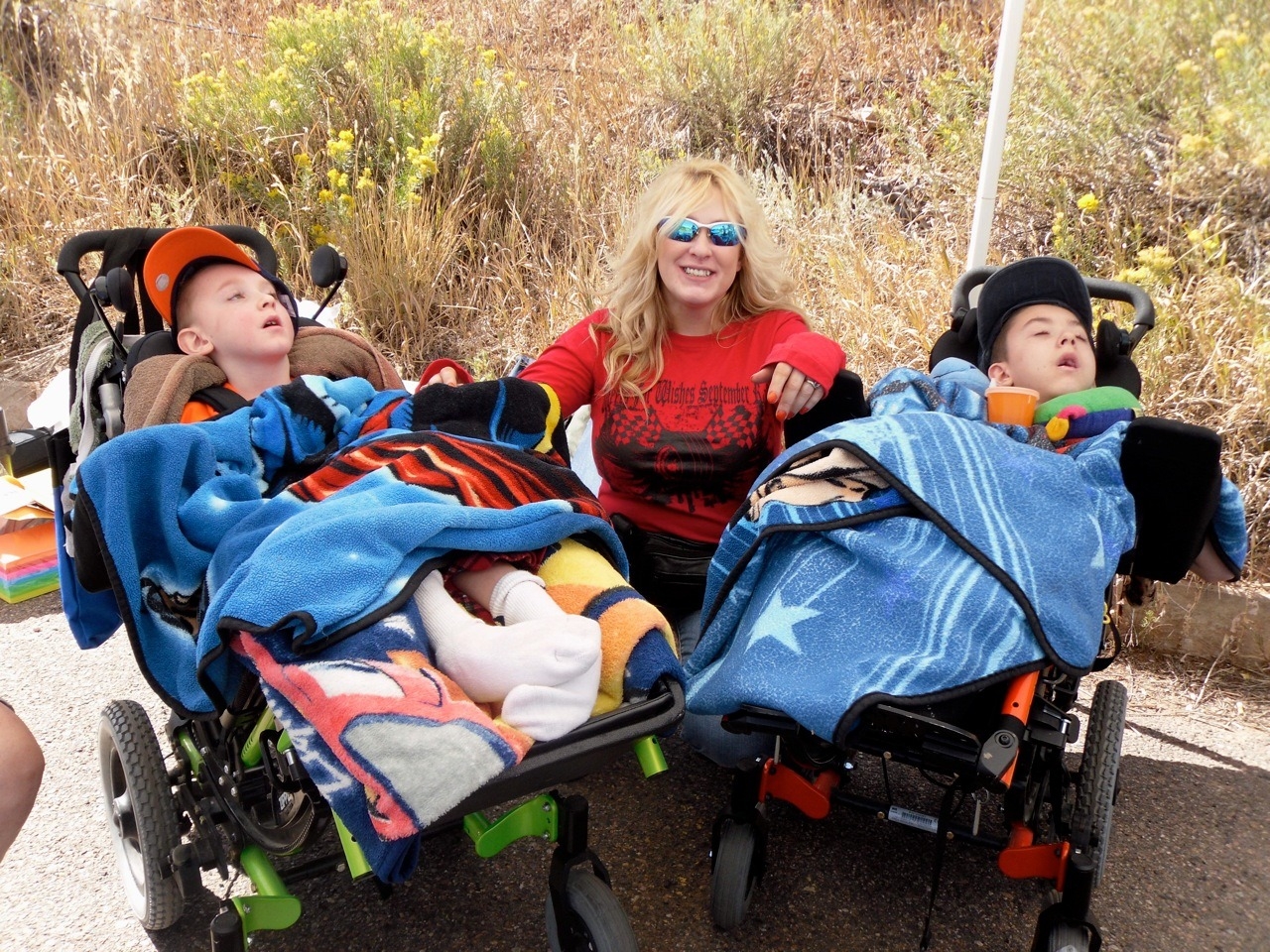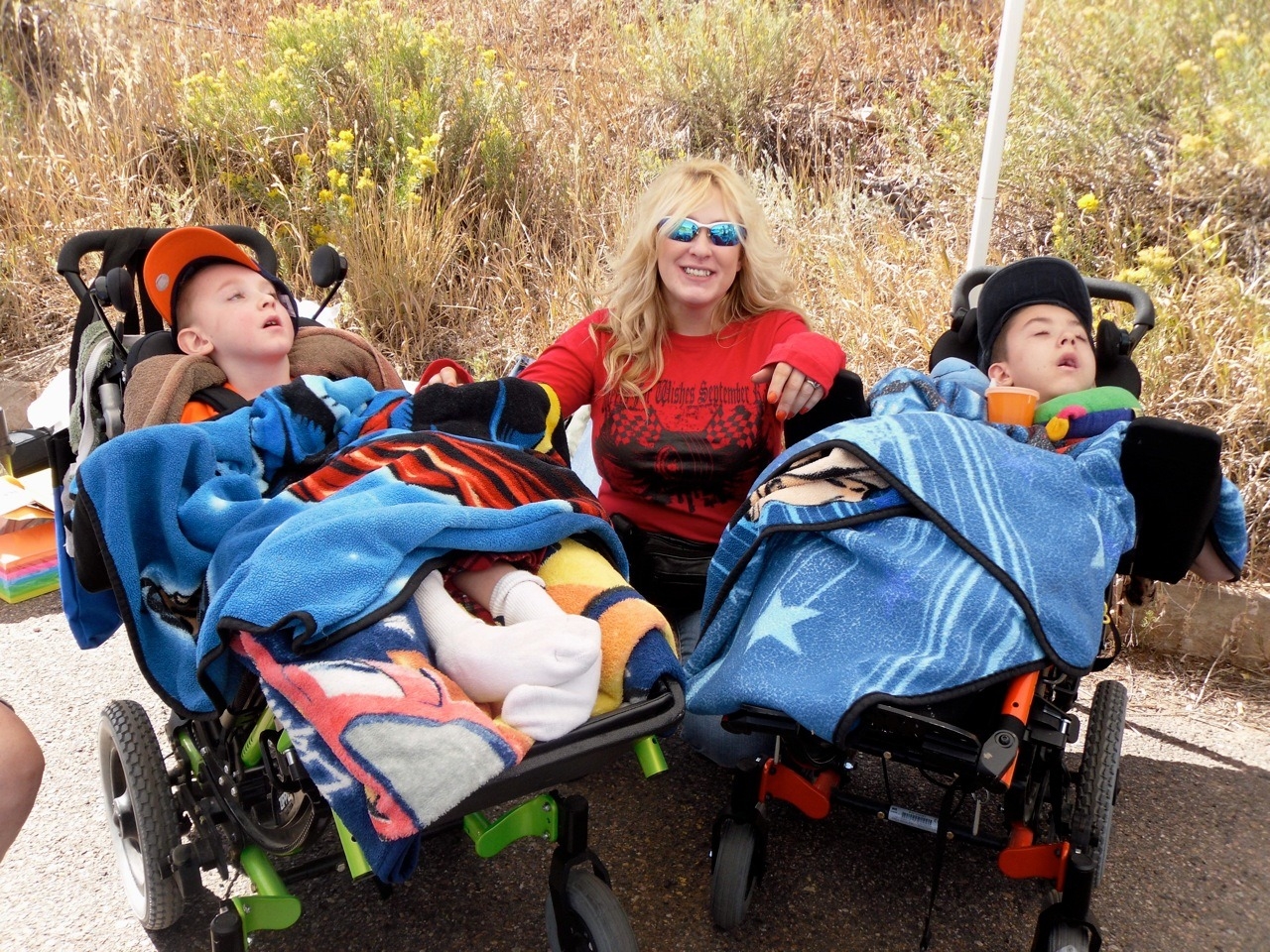Informing Your Family on Your Decision to Donate
Understanding and Communicating Your Decision
Understanding and Communicating Your Decision
Learning about eye, organ and tissue donation is crucial to making an informed decision that aligns with your values and beliefs. When you educate yourself, you are able to better inform your family of your decision to give the gift of donation, providing them with a more elaborate explanation for your reasoning. This is the time to reflect on your values and reasoning when it comes to your decision to donate, even consulting reputable sources as needed. This aids in your plan to provide educational answers and responses to questions.Take Comfort in Information
Within our culture here in the United States, death is often a difficult topic of discussion. Most people are not comfortable talking about death in general. The idea of organ, eye, and tissue donation after death can add to that discomfort when there can still be confusion and uncertainty, often due to a lack of information. Despite Colorado and Wyoming having two of the highest state registry rates in the nation, meaning that over 60% of the Colorado and Wyoming populations have said yes to donation when at their local driver license office and have a heart on their IDs, there are still quite a few people across the country that are unaware of what donation is and what it entails.Understanding the Donation Process
Understanding the process of donation means you can make an educated decision to donate and to present this decision to your family.At the very beginning of the process, hospitals are required by law to refer all deaths to be screened for donation. Organizations like the Rocky Mountain Lions Eye Bank (RMLEB) and Donor Alliance provide regular training to hospital staff, to ensure that staff understand donation and how to present this information to families. RMLEB and Donor Alliance determine the patient’s suitability for donation based on medical chart review and social history of the patient.
If the patient is suitable for donation, hospital staff approach the family with a copy of the donor’s registry, which is considered a first person authorization and is a legally binding decision. At this point, hospital staff and the recovery organizations are in constant contact with the next of kin. The donor information line is also available to the next of kin to provide further information.
After performing the necessary screenings and reviews to ensure safety of the tissues and certainty about the donation decision, a professional technician is dispatched to carefully perform the surgical recovery procedure. A qualified surgeon performs the transplant procedure on the recipient.
Create an Open Dialogue
It’s important to have an open dialogue with your family members about your decision to donate. If your loved ones are made aware of this legally-binding decision for the first time while dealing with the grief of your passing, it could cause them more emotional distress.Discussing your decision with your family ensures that your decision is known and respected. Starting this conversation might be tough, but we suggest approaching it gently, letting your family and legal next of kin know about your decision and your personal reasons influencing it. This creates an open dialogue, fosters better understanding within your family, and prepares your loved ones for what to expect when the time comes.
During the discussion, be prepared to answer questions about your decision. It is beneficial to recall the knowledge you have acquired, and your discussion may provide your family with an opportunity to explore and consider their own views on donation.
For a glimpse into a real discussion between a mother and her son, check out this blog on DonateLifeWyoming.org, “Let’s Talk About the Hard Stuff.”
Here are a few tips on how to start your own conversation:
- Pull out your driver license and show a loved one the heart on yourr license. Discuss what it means. Ask your loved one to look at their license for the heart. This can spark the donation conversation.


- Consider sharing one of our Stories of Hope. Sharing one of these impactful stories with a family member or loved one can show the impact donation has on those in need and the legacy one can leave in their passing when they say yes to eye, organ and tissue donation.
You can find more tips in the Conversation Project’s Conversation Starter Guide.
Although most of us don’t like discussing death and the conversation might be uncomfortable, having it will likely help your family potentially sparing them unnecessary emotional distress later. Now that you are equipped with more information, try to find a time to bring up the topic; in doing so, you will be helping those you love in the long run.
Dawn, mother of Jacob, a cornea donor, says “Donation is the gift that keeps giving. There is a child out there with his cornea. She is seeing through my son’s beautiful eye. Thinking about that gives me a great sense of healing and peace and joy. His eyes were his gift to the world.”

